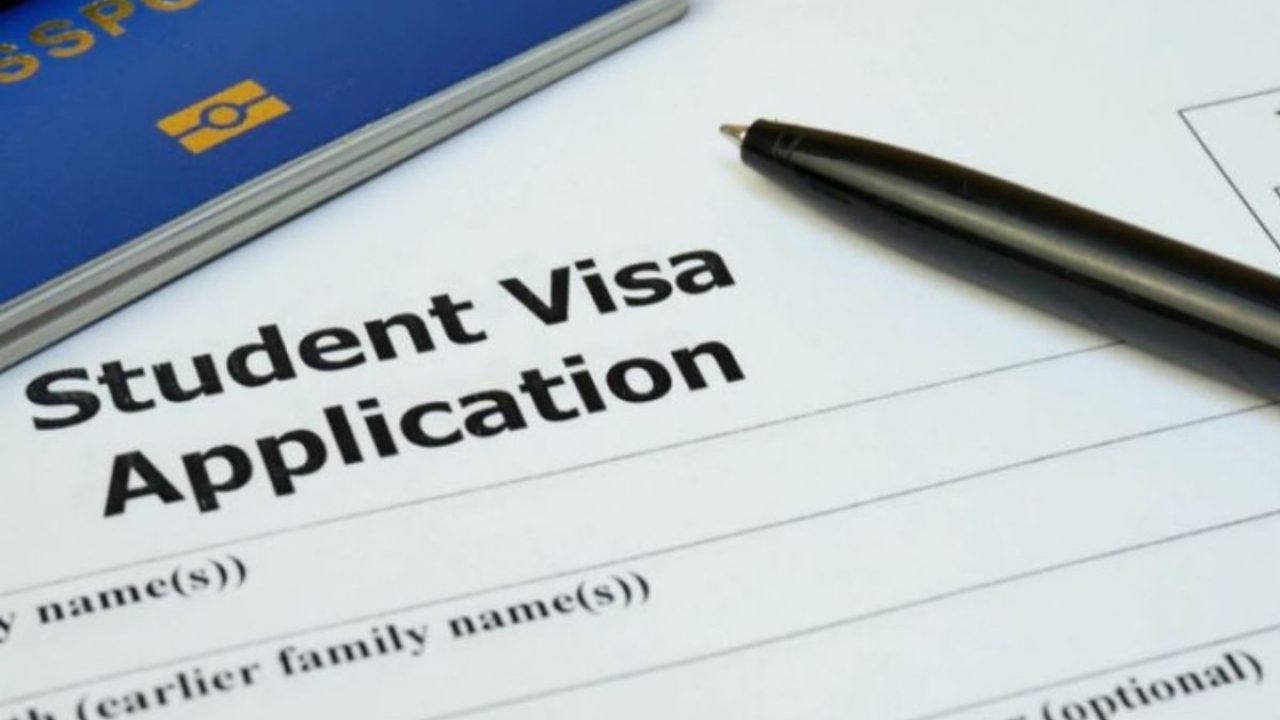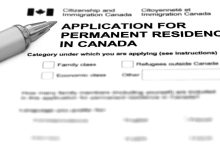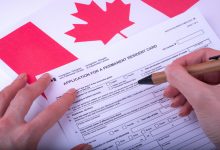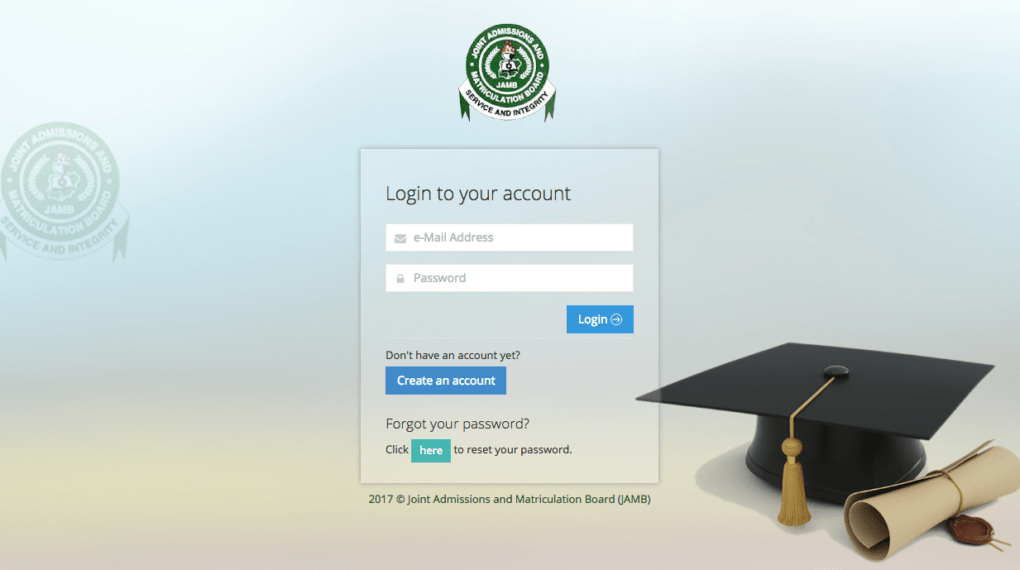Studying abroad is an exciting and transformative experience, offering opportunities for personal growth, academic advancement, and exposure to a new culture. Canada has become one of the most popular destinations for international students due to its excellent education system, multicultural society, and favourable post-study work opportunities. To pursue studies in Canada, students need to obtain a study visa, also known as a study permit. This article aims to provide a comprehensive guide on the eligibility criteria and requirements for obtaining a Canada study visa.
Understanding Canada Study Visa
- Definition and purpose of a study visa
- Benefits of studying in Canada
Eligibility Criteria for Canada Study Visa
- Age requirements
- Admission into a designated learning institution (DLI)
- Sufficient financial resources
- Good academic standing
- Health and character requirements
Required Documents for Canada Study Visa
- Valid passport
- Letter of acceptance from a DLI
- Proof of financial support
- Completed application forms
- Passport-sized photographs
Language Proficiency Requirements
- Language tests recognized by Canadian institutions
- Minimum language proficiency scores
Financial Requirements
- Tuition fees and living expenses
- Proof of financial support
- GIC (Guaranteed Investment Certificate)
- Scholarships and grants
Health Insurance
- Importance of health insurance for international students
- Types of health coverage in Canada
- Obtaining health insurance
Acceptance Letter from a Designated Learning Institution (DLI)
- Choosing a DLI
- Obtaining a letter of acceptance
- Checking the DLI’s designation status
Proof of Funds
- Demonstrating financial capacity
- GIC (Guaranteed Investment Certificate)
- Tuition payment receipts
- Bank statements
Biometrics
- Biometric Requirements for visa applicants
- Providing fingerprints and photograph
Medical Examination
- Medical examination requirements
- Designated panel physicians
- Completing the medical examination
Application Process
- Online or paper application
- Completing the forms accurately
- Paying the application fees
- Submitting the application package
Processing Time
- Estimated processing time for study visa applications
- Factors that can affect processing time
- Tracking the application status
Tips for a Successful Visa Application
- Start the application process early
- Seek guidance from immigration consultants or advisors
- Ensure all documents are complete and accurate
- Prepare for the visa interview
- Maintain communication with the visa office
Conclusion
FAQs
- Can I work while studying in Canada on a study visa?
- Do I need to purchase health insurance before arriving in Canada?
- Can I apply for a study visa if I have dependents?
- Can I extend my study visa in Canada?
- Can I apply for permanent residency in Canada after studying?
Understanding Canada Study Visa
A study visa, or study permit, is a document issued by the Canadian government that allows foreign nationals to study at designated learning institutions (DLIs) in Canada. It is essential for individuals planning to undertake academic, professional, or vocational courses that exceed six months in duration. The study permit not only grants permission to study
in Canada but also allows students to work part-time on or off-campus during their studies.
Studying in Canada offers numerous benefits, including access to world-class educational institutions, a diverse and inclusive environment, and opportunities for research and innovation. Furthermore, international students can gain valuable work experience through co-op programs and internships, enhancing their employability prospects.
Eligibility Criteria for Canada Study Visa
To be eligible for a Canada study visa, applicants must meet certain criteria set by the Canadian government. Here are the key eligibility requirements:
Age requirements
There is no specific age limit for obtaining a study permit in Canada. However, applicants under the age of 18 must have appropriate arrangements for their care and support while studying in Canada.
Admission into a designated learning institution (DLI)
Before applying for a study permit, individuals must secure admission into a DLI in Canada. DLIs are educational institutions that have been approved by provincial or territorial authorities to host international students.
Sufficient financial resources
Applicants must demonstrate that they have enough funds to cover their tuition fees, living expenses, and return transportation. The Canadian government provides guidelines on the minimum amount required for each student, and it is advisable to have additional funds for unexpected expenses.
Good academic standing
Students applying for a study visa must have a letter of acceptance from a DLI, indicating that they meet the institution’s admission requirements and have been accepted into a program of study.
Health and character requirements
Applicants may be required to undergo a medical examination to ensure they are in good health. Additionally, individuals with a criminal record or who pose a security risk may be deemed inadmissible to Canada.
Required Documents for Canada Study Visa
To apply for a study visa, students must gather and submit several documents. Here are the essential documents typically required:
Valid passport
A valid passport is necessary to travel to Canada. It should be valid for the duration of the study program.
Letter of acceptance from a DLI
A letter of acceptance from a DLI is a crucial document, confirming that the applicant has been accepted into a program of study.
Proof of financial support
Applicants must provide evidence of sufficient funds to cover their tuition fees and living expenses while in Canada. This can be in the form of bank statements, scholarships, or a Guaranteed Investment Certificate (GIC).
Completed application forms
Students must fill out the study permit application form accurately and include any additional forms or documents required by the visa office.
Passport-sized photographs
Two recent passport-sized photographs are needed for the study permit application.
Language Proficiency Requirements
Proficiency in English or French is essential for academic success and integration into Canadian society. International students may need to take language proficiency tests recognized by Canadian institutions, such as the IELTS or TOEFL. Minimum language proficiency scores are set by each educational institution, and it is crucial to meet these requirements to be accepted into the program of study.
Financial Requirements
Studying in Canada involves tuition fees and living expenses, and students must demonstrate their financial capacity. Tuition fees vary depending on the institution and program of study. In addition to tuition, applicants must show proof of funds to cover their living expenses. The Canadian government provides guidelines on the minimum amount required, which varies based on the location and duration of the study.
To fulfil the financial requirements, students can provide bank statements, scholarships, or a Guaranteed Investment Certificate (GIC) from a participating Canadian financial institution. A GIC is a secure investment that guarantees a specific return on investment and provides a portion of the funds to cover living expenses upon arrival in Canada.
Scholarships and grants are also available for international students, offering financial assistance and recognizing academic achievements. It is advisable to explore these opportunities through Canadian institutions and external organizations.
Health Insurance
Health insurance is crucial for international students studying in Canada. While some provinces provide health coverage for international students, others require students to obtain private health insurance. It is essential to research and understand the healthcare system and requirements of the province where the institution is located. Obtaining health insurance ensures access to necessary medical services and protects students from unexpected healthcare expenses.
Acceptance Letter from a Designated Learning Institution (DLI)
Choosing a suitable DLI is a crucial step in the study visa application process. DLIs are approved by provincial or territorial authorities and meet specific quality standards. Before accepting an offer of admission, students should verify if the institution they plan to attend is a DLI. This can be done by checking the DLI’s designation status on the official Government of Canada website.
Proof of Funds
As part of the study visa application, applicants must provide proof of funds to demonstrate their financial capacity. This can include bank statements, scholarships or grants, and a Guaranteed Investment Certificate (GIC) if applicable. Bank statements should show sufficient funds to cover tuition fees, living expenses, and return transportation.
Biometrics
Biometrics are a mandatory requirement for study visa applicants. Biometrics include fingerprints and a photograph, which are collected as part of the visa application process. Applicants must visit a Visa Application Centre (VAC) to provide their biometrics. The biometric information is valid for ten years, so individuals who have provided biometrics in the past may be exempt from this requirement.
Medical Examination
Depending on the duration of the study program and the applicant’s country of origin, a medical examination may be required. A designated panel physician approved by the Canadian government must conduct the medical examination. The medical examination ensures that students do not pose a health risk to Canadians and that they have adequate medical coverage during their stay.
Application Process
The application process for a study visa can be completed online or on paper. It is crucial to carefully follow the instructions provided by the visa office and submit all required documents accurately and on time. The application package typically includes completed application forms, the letter of acceptance from a DLI, proof of financial support, passport-sized photographs, and any additional documents requested by the visa office.
Applicants are required to pay the application fee, which is non-refundable, and provide biometrics at a Visa Application Centre (VAC) if necessary.
Processing Time
The processing time for study visa applications varies depending on the visa office and other factors such as the time of year and the volume of applications. It is advisable to apply well in advance to allow sufficient time for processing. The estimated processing time can be checked on the official Government of Canada website or by contacting the visa office directly.
Tips for a Successful Visa Application
To increase the chances of a successful study visa application, here are some helpful tips:
- Start the application process early: Begin gathering the required documents and preparing the application well in advance to avoid any last-minute delays or issues.
- Seek guidance from immigration consultants or advisors: If needed, consider consulting with an immigration professional who can provide guidance and assistance throughout the application process.
- Ensure all documents are complete and accurate: Carefully review all the required documents and forms, ensuring they are accurate, up-to-date, and properly filled out.
- Prepare for the visa interview: If a visa interview is required, be prepared to answer questions about the study program, intentions in Canada, and financial arrangements. Practice beforehand to be confident and articulate during the interview.
- Maintain communication with the visa office: Stay informed about the status of the application and promptly respond to any requests or inquiries from the visa office.
Conclusion
Obtaining a Canada study visa is an important step for international students wishing to pursue their education in Canada.
By understanding the eligibility criteria and requirements, gathering the necessary documents, and following the application process diligently, students can increase their chances of a successful study visa application. Studying in Canada offers not only high-quality education but also the opportunity to experience a vibrant and diverse country, opening doors to a bright future.
FAQs
- Can I work while studying in Canada on a study visa?
Yes, students with a valid study visa are generally allowed to work part-time on or off-campus during their studies, provided they meet certain requirements. It is important to check the specific work permit regulations and limitations.
- Do I need to purchase health insurance before arriving in Canada?
The requirement for health insurance varies depending on the province and the specific institution. Some provinces provide health coverage for international students, while others require students to obtain private health insurance. It is important to research and understand the healthcare system and requirements of the province where you plan to study.
- Can I apply for a study visa if I have dependents?
Yes, you can apply for study visas for your dependents, such as your spouse or children. Additional documentation and proof of financial support may be required for each dependent included in the application.
- Can I extend my study visa in Canada?
In some cases, it is possible to extend a study visa in Canada. Students must apply for an extension before their current study permit expires. It is important to meet the eligibility criteria for the extension and submit the application before the deadline.
- Can I apply for permanent residency in Canada after studying?
Yes, studying in Canada can provide pathways to permanent residency. The Canadian government offers various programs, such as the Post-Graduation Work Permit (PGWP) and the Express Entry system, which allow international students to gain work experience and apply for permanent residency. It is advisable to research the available options and consult with an immigration professional for guidance.








